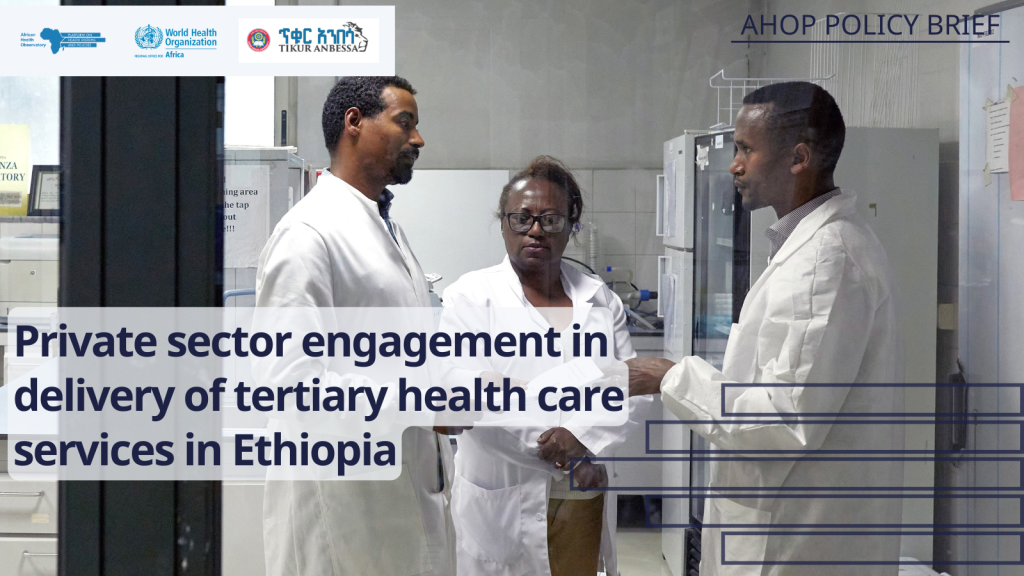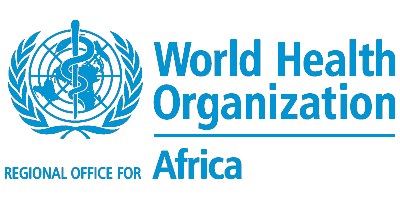New AHOP policy brief reports how private sector engagement is needed to meet Ethiopia’s current disease burden
In Ethiopia, as in other low- and middle-income countries (LMICs), recent epidemiologic and demographic transitions have greatly impacted the disease profile. The rising burden of communicable diseases, noncommunicable (NCDs) and injuries is straining public health care systems, reducing service quality and equity and hindering progress towards universal health coverage. Private sector engagement (PSE) is crucial to alleviate these challenges by supplementing public resources and expertise.
This policy brief summarizes the key gaps and challenges for PSE in provision of health services generally and tertiary healthcare (THC) services specifically.
While the role of the private sector in health care delivery in Ethiopia has expanded recently, the public sector remains the primary source of THC services. Private sector involvement in THC delivery in Ethiopia remains limited owing to investment preferences; restricted access to capital, land and foreign currency; and challenging regulatory processes.
This summary outlines possible strategies to improve PSE in THC service delivery for better health outcomes. It will serve as a significant resource for policy-makers, MoH and private sector players in Ethiopia to:
- Address prevailing challenges associated with PSE in health sector development in the country in general and in THC service delivery in particular;
- And help feed into the current policy window where MoH is currently at the final stages of developing the National Strategy for Private Sector Engagement in the Health Sector aligned with the Ethiopian Health Sector Medium-Term Development and Investment Plan.
AHOP is a regional partnership that promotes evidence-informed policy-making. It is hosted by the WHO Regional Office for Africa (WHO AFRO) and is a network of centres of excellence from across the region, leveraging existing national and regional collaborations.
The extended summary is now available for download in English and French. The entire policy brief will be published online soon.









